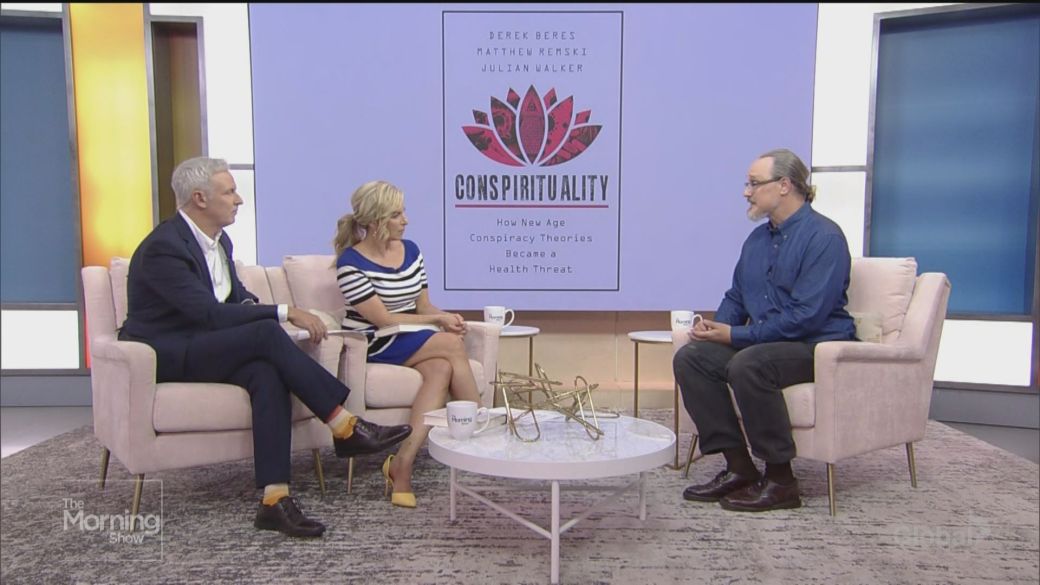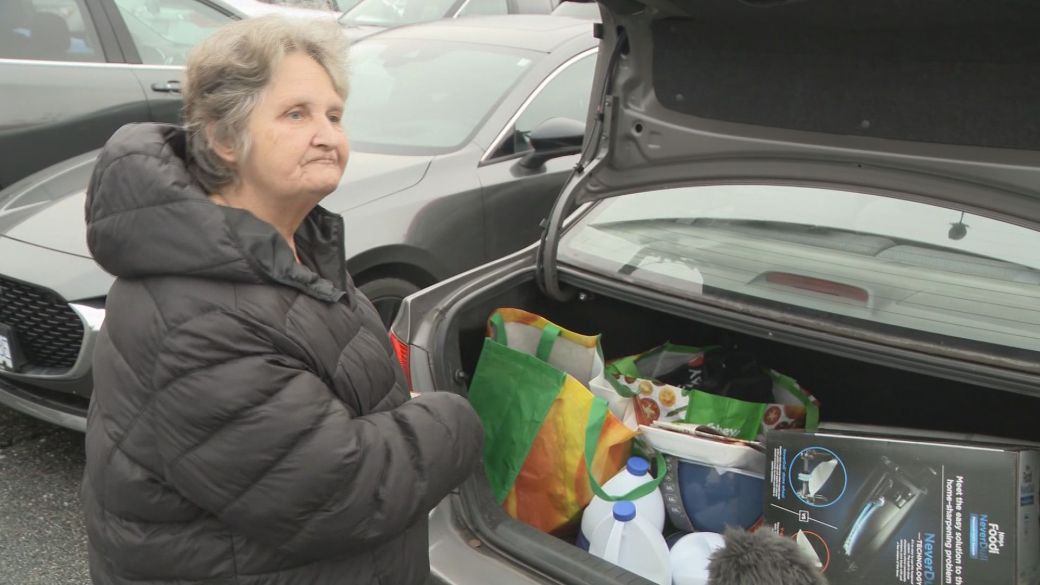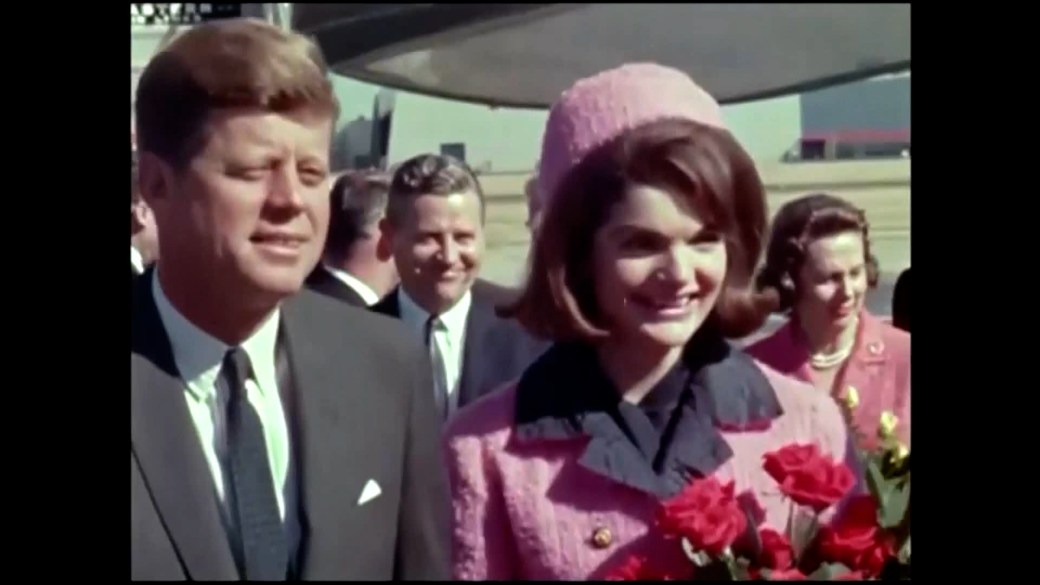Close to 80% of Canadians believed at least 1 conspiracy theory in recent poll
Seventy-nine per cent of Canadian respondents believed at least one of the conspiracy theories shown to them in a recent poll, compared to 84 per cent of Americans provided with the same list of 15 fictitious or unsubstantiated tales.

Commissioned by The Canadian Press, Leger surveyed 1,529 Canadians and 1,001 Americans across the country between Nov. 24 and 26, with results weighted to ensure a representative sample of each population.
In Canada, 55 per cent of respondents believed mainstream media manipulates information, while 36 per cent believed that John F. Kennedy’s assassination was a coverup. Thirty-four per cent of those polled bought into theories that the car crash that killed Princess Diana in 1997 was an assassination, and that scientists have found a cure for cancer but the government and pharmaceutical companies won’t release it.
Another 33 per cent believed evidence of alien contact is being hidden from the public and 32 per cent subscribed to the idea that COVID-19 was created as a biological weapon in a lab.

The least-believed conspiracy theory — at five per cent of respondents — was that the Earth is flat, followed by 11 per cent of Canadians who believed the lunar landings are a hoax.
The poll also asked Canadians about their voting intentions, finding that Conservative-minded voters are the most likely group to believe one or more conspiracy theories at 87 per cent. In the U.S., that number jumps 94 per cent among those who identified as Republican, and 96 per cent among those who said they would vote for Donald Trump in 2024.
In total, 17 per cent of Canadians believed the 2020 election was rigged and stolen from Trump, while 16 per cent believed the 9/11 terrorist attacks that killed nearly 3,000 people were planned by the government. While buy-in was less than 30 per cent, Albertans are the most likely to believe both the former and latter theories, while Ontarians and Quebecers, respectively, were the least likely.
The percentage of people who believe each of the 15 theories is higher in the U.S., the most popular one being that mainstream media manipulates information at 63 per cent. Americans were also least likely to believe the Earth is flat, followed by the lunar landing hoax.

According to Steve Mossop, vice-president of Leger, belief in conspiracy theories has increased since the pandemic. Combined with the growth of social media platforms, the environment is rife with online “rabbit holes” that more and more people seem to believe in, he said.
“More than 50 per cent don’t believe the media is telling the truth. I can remember days in the 90s and 2000s where people really had a high regard for the media,” Mossop told Global News.
“With COVID and with President Trump calling fake news, there’s been this erosion of trust, the perception of media not only in our country but in the USA as well.”
Mossop said Leger wanted to “benchmark traditional conspiracy theories,” such as the Kennedy and Princess Diana deaths. The findings have “broad social implications,” he added.
“Some of the ones that are serious — there is a belief that pharma and government withhold cures for cancer, and that’s in the 20th percentiles of Canadians believing that. That has implications on confidence in your health-care system and the motivations of pharmaceutical companies,” Mossop explained.

The poll shows the algorithms of social media merit further attention, he added, because they will amplify and self-perpetuate false content before users are even aware they’ve fallen prey to it. The legitimization of those theories by some celebrities doesn’t help either, he said.
“At the end of the day, what I see in common with most of these people is this sense that people who are in charge, people who have power covering up and are lying to people that are institutions, are false.”
— with files from Paul Johnson
Sign up to receive newsletters and breaking news email alerts.
More on BC
© 2023 Global News, a division of Corus Entertainment Inc.
This article has been archived for your research. The original version from Globalnews.ca can be found here.




